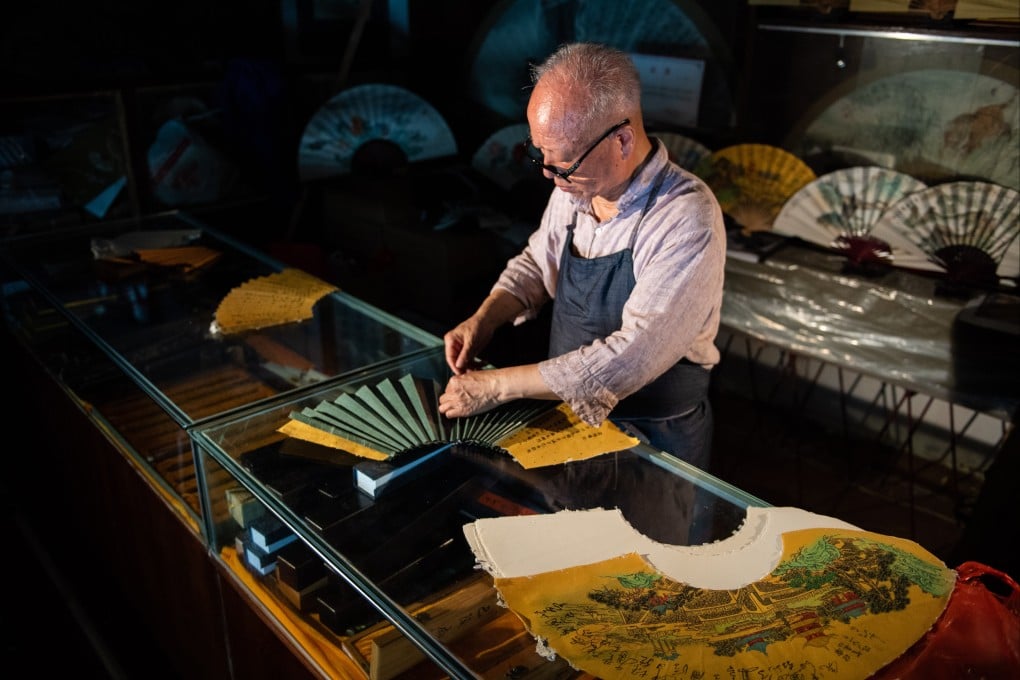China may increase cultural imports as part of 28-point plan to boost its soft power overseas
- Ambitious new guidelines suggest China could take steps toward relaxing some of its restrictive measures in heavily regulated cultural, sports and entertainment areas
- Analysts call the initiative a ‘top-level design’ to boost China’s cultural trade, and it comes at a time when geopolitical tensions are on the rise

China intends on supercharging its soft power to an “unprecedented” level with a detailed plan that aims to transform the nation into a cultural export powerhouse over the next three years.
Authorities also pledged to explore the relaxing of restrictive measures on highly scrutinised related sectors, and to increase cultural imports to promote competition.
The guidelines, issued last week, underscore support for exports in a wide range of areas, including publications, esports, online games, films, television, animations, variety shows, performing arts services, traditional Chinese medicine and clothing.
“[We should] strengthen the international competitiveness of our cultural products and services … enhance the national cultural soft power and the influence of Chinese culture,” the guidelines state.
